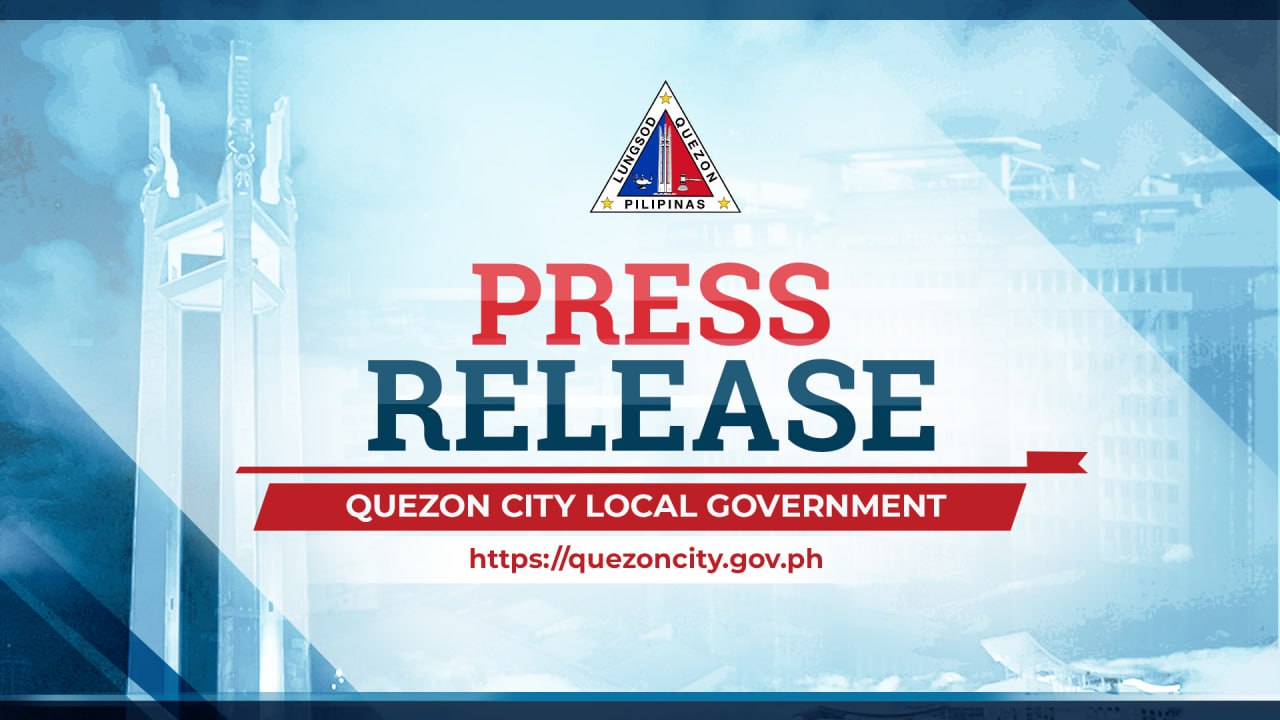
In observance of Men’s Mental Health Awareness Month, the Quezon City Government is calling on all QCitizen men to break the silence surrounding mental health and seek help when in need—reminding them that “It’s okay not to be okay.”
Despite rising mental health challenges, recent data shows that Filipino men continue to struggle with acknowledging emotional distress and accessing professional support.
A 2024 national assessment conducted by the Department of Health (DOH) and IDinsight revealed concerning gaps in mental health literacy among Filipino men. When presented with common mental health scenarios:
• Only 33.9% identified signs of anxiety,
• 32.6% recognized eating disorders,
• 38.4% identified bipolar disorder, and
• Just 49.6% could identify symptoms of depression.
Even when symptoms were recognized, only 27% of respondents said they would recommend seeking professional help for depression.
In Quezon City, the situation mirrors the national landscape. According to the Quezon City Health Department (QCHD):
• Only 1 in 5 patients who access mental health services is male.
• In 2024, 84% of the city’s total suicide cases involved men.
• Of the 21,156 persons with recorded mental or psychosocial disabilities, 53.5% (11,310) were men, based on data from the Persons with Disability Affairs Office (PDAO).
QCHD OIC Dr. Ramona Abarquez attributes these figures to deeply rooted cultural expectations:
“Denial, lack of self-awareness, and stigma often discourage men from seeking care. For many, asking for help is wrongly perceived as weakness. But true strength lies in vulnerability and self-care.”
“Men are often expected to be tough and unyielding, but we must challenge that narrative,” said Mayor Joy Belmonte.
“Tao lang tayo. Walang mali sa pag-iyak, pagiging emosyonal, o paghingi ng tulong. These are not signs of weakness—but of courage and resilience. Every man deserves to be heard, supported, and healed.”
To bridge the gap in access and awareness, Quezon City has scaled up its gender-inclusive mental health services:
• All 67 city health centers now offer free mental health consultations and screenings.
• The city operates six Mental Wellness Access Hubs, which provide assessment, diagnosis, and free prescription medication to qualified patients.
• QCitizens can dial Helpline 122 for immediate psychosocial support and crisis intervention. Call agents are trained in suicide response, psychological first aid, and trauma-informed support.
• Barangay officials across the city have been trained to assist residents facing trauma—especially survivors of violence, disaster, or loss.
“With only 20% of men seeking help, systemic reforms are urgently needed,” said Dr. Abarquez.
“Expanded services, targeted awareness campaigns, and the destigmatization of emotional vulnerability are essential if we are to save lives and promote true well-being.”
Quezon City reaffirms its commitment to creating a mental health system where no one—regardless of gender—is left behind.
If you or someone you know is struggling, don’t hesitate to call Helpline 122 or visit your nearest health center.
###







